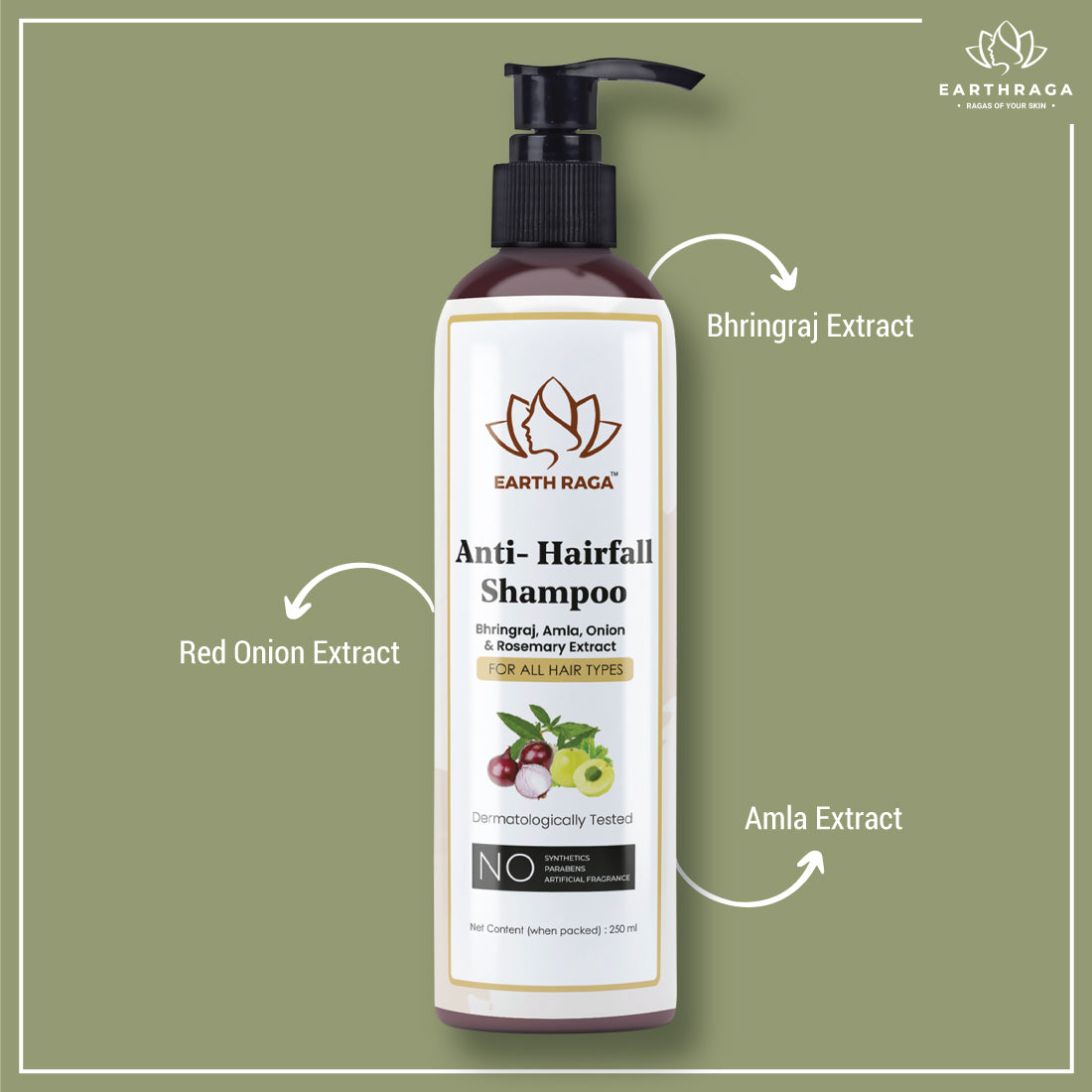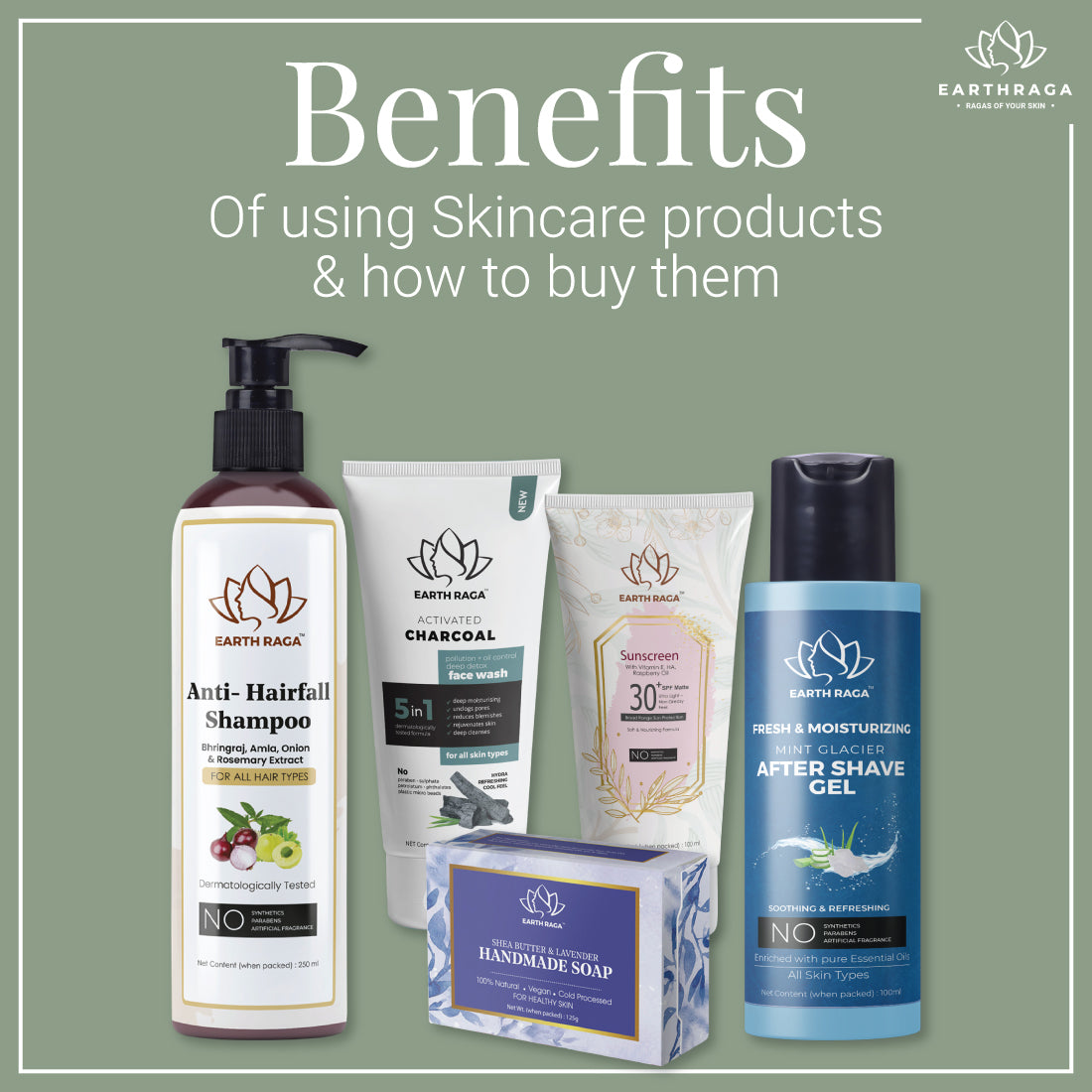When it comes to the best piece of advice for skin care, all dermatologists are going to keep “using sunscreen” at the top of their list. Sunscreen is a topical product that has some marvelous ingredients to protect your skin from the harmful effects of the sun's ultraviolet rays.
Why should you use sunscreen?
Yes, there is no doubt that basking in the sun is utterly beneficial for one’s well-being. However, it is equally true that prolonged exposure can cause irreparable harm to the skin. The results can range from sunburn to premature aging to even skin cancer.
- Using sunscreen can help you stay away from such troubles because of the protecting ingredients therein.
- Also, applying sunscreen daily helps to prevent other skin issues like hyperpigmentation, etc. which in turn promotes overall skin health.
How should you choose the best natural sunscreen?
With the multitude of options available in the market, choosing the right sunscreen can be a daunting task. It gets even tougher because not every sunscreen on the market shelf is as effective as claimed.
You may consider the following key factors to ensure that your purchase is worth the money and the best one for your skin.
- Natural Sunscreen:
You will have two broader options- natural/ mineral and chemical sunscreens. Natural sunscreens work by forming a physical barrier on the skin that reflects and scatters the UV rays. Contrarily, chemical sunscreens contain chemicals that absorb UV rays and convert them into heat.
Our recommendation- Chemical sunscreens are also effective, but they may cause skin irritation and allergic reactions. Thus, we highly recommend using natural sunscreens with mineral-based active ingredients, as they are gentler on the skin.
- Active Ingredients:
All of the magic lies in the active ingredients of a given sunscreen because they are responsible for protecting the skin from the harmful effects of the sun's rays. You must look for natural sunscreens containing natural ingredients like Raspberry oil, Almond oil, Coconut oil etc.
- Sun Protection Factor
Sun Protection Factor or SPF is the sunscreen's ability to protect the skin from UVB rays, which are responsible for sunburn and other skin problems. A higher SPF does not necessarily mean better protection. Even sunscreen with SPF 30 can do wonders for your skin.
- Broad-Spectrum Protection:
SPF may not be effective against UVA rays, which are responsible for premature aging and skin cancer. Thus, always use natural sunscreens that provide broad-spectrum protection for the best results and maximum protection.
- Water Resistance:
Sunscreens may go to waste when exposed to water or sweat which means you will be at risk of developing skin problems. Thus, ensure choosing a water-resistant sunscreen, especially if you spend a lot of time in the water or are prone to sweating.
- Texture:
The texture of a sunscreen can play a significant role in its effectiveness and user experience. It is advisable to prefer natural sunscreens with a lightweight texture so that could be easily absorbed into the skin and do not leave a greasy residue.
- Skin Type:
Different skin types have different needs when it comes to sun protection. Individuals with oily or acne-prone skin may prefer a lightweight, non-greasy sunscreen, while those with dry skin may prefer a cream-based sunscreen that provides hydration.
Our recommendation- Almond & Coconut Oil Sunscreen by Earthraga for your concerns about hydration, deep moisturizing, and even skin tone. Go with the Vitamin E, Hyaluronic Acid (HA) & Raspberry Oil Sunscreen by Earthraga if you are looking for results like anti-aging, reducing fine lines, and decreasing wrinkles.
Start using a natural sunscreen meeting these criteria to protect your skin and keep it healthy for a long.



